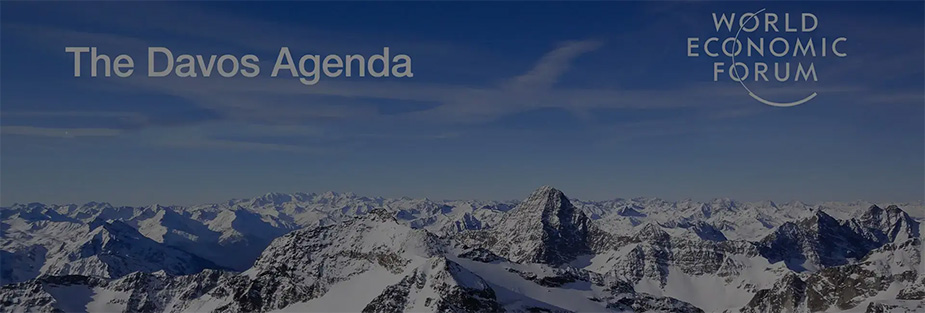
The key takeaways from Davos
Despite uncertainty, there is hope for 2023.
Ground war in Europe, rising inflation worldwide, and climate-related natural disasters marked last year. How will global leaders approach 2023?
Davos, Switzerland, hosted the annual World Economic Forum (WEF) from 16-20 January. Approximately 2,700 government and business leaders attended the summit, which was themed “Cooperation in a Fragmented World.” The past few years have been a time of uncertainty and increased risk for all industries, including global mobility, but there is a sign of hope. To understand the industry’s trends and forecasts for the coming years, it will be crucial to attend the WEF meeting. This will focus on improving inflation over the next year, assessing and mitigating threats to fragmented supply chains, and improving existing sustainability efforts.
“Polycrisis” – the age of crisis
WEF warned in its annual Global Risks Report released the Wednesday before the meeting that a “polycrisis” could occur, described by the Financial Times in October 2022 as “a cluster of related global risks with compounding effects, such that the overall impact exceeds the sum of each part.” Food insecurity, increasing living costs, and an outstripping supply of food, water, and critical metals and minerals are among the topics discussed in the report. Similarly to the COVID-19 virus, if a particular crisis is not managed well, the fallout could cause another crisis to bloom. The effects of not preparing for and/or preventing climate change on supply chains, interstate conflict, and natural resources could create a world polycrisis in the 2020s.
Governments and corporations should take accelerated climate action in order to slow or prevent a global crisis. For future polycrises, collaboration of resources, technological advancements, and crisis management at the state and company levels are essential.
Fears of a recession may dissipate
There is a more positive outlook for the year ahead than expected, and world leaders are becoming cautiously optimistic about avoiding a recession. At the WEF, Daniel Pinto, JP Morgan’s president and chief operating officer, said: “The situation isn’t rosy, but it’s better than it could have been.” Although inflation and interest rates remain high, delegates say there is a decreasing probability of economic contraction and an outright recession.
China has undergone major changes due to an avoided crisis last year. Europeans avoided predicted power cuts and a subsequent energy crisis because of mild winter temperatures, rationed energy use and a focus on renewable resources. In retaliation for receiving economic sanctions after invading Ukraine last February, Russia cut off natural gas exports to Europe. A positive outlook for Chinese growth for 2023 has been released by the IMF, with China’s borders now open. During the WEF meeting, workers’ rights were also discussed. Despite uncertainty, state economies and businesses hope to move inflation back to 2% as quickly as possible.
In the Future, Sustainability Will Be Even More Relevant
Delegates at Davos were focused on eliminating fossil fuels. In Davos, Greta Thunberg delivered a cease-and-desist letter signed by 800,000 people calling on fossil fuel CEOs and executives to focus on the clean energy transition rather than opening new oil, gas, and coal sites. IAEA director Fatih Birol commented on the transition to renewable energy sources, calling them “the energy of peace” and emphasizing the need to transition to renewables for both environmental and energy security concerns.
Aside from concerns about fossil fuels, delegates reaffirmed their commitment to achieving net-zero carbon emissions by 2050. United Nations During a speech at the WEF, General Secretary António Guterres urged companies to take immediate and specific action to achieve net zero, asking them to “put forward credible and transparent transition plans—and submit those plans by the end of this year.” It will be necessary for governments and business leaders around the world to adopt decisive and specific climate action policies to reduce fragmentation.
Plan Stress-free Move with Top Moving Company in UAE - ISS Relocations

Moving Company - Recent Blog
Stay informed and prepared for your next move with our latest blogs on moving services in the UAE. From expert packing tips to international relocation guides, ISS Relocations brings you up-to-date insights to make your moving experience smoother, safer, and stress-free.










